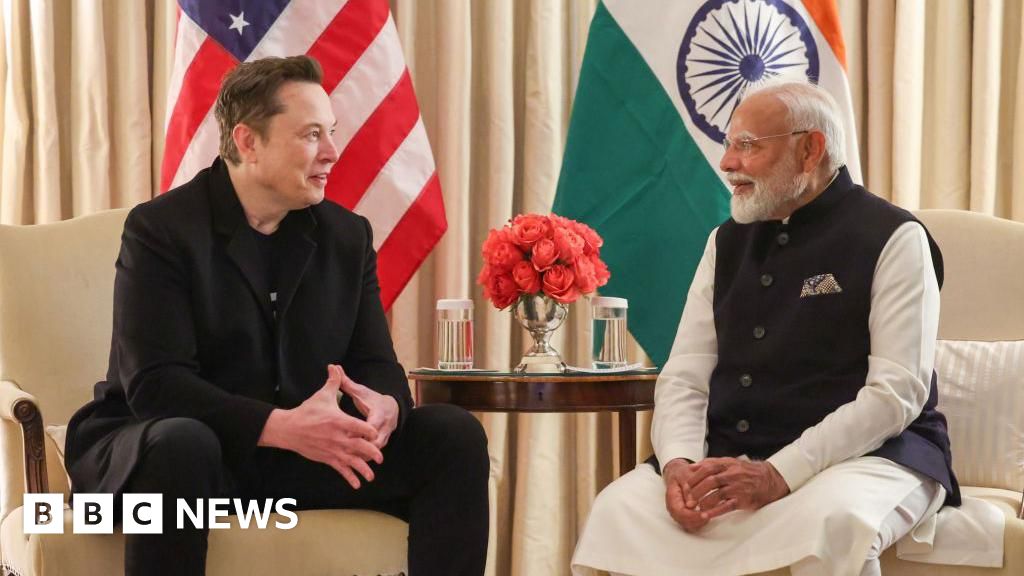SpaceX Partners with Defense Firms to Develop 'Golden Dome' Missile Defense System

In a significant push to enhance national security, SpaceX, the aerospace company founded by billionaire entrepreneur Elon Musk, is reportedly at the forefront of a project to create a new missile defense system dubbed the "Golden Dome." This initiative is backed by President Donald Trump, who envisions a system akin to Israel's effective Iron Dome, which has been instrumental in intercepting incoming missile threats. According to a report by Reuters, SpaceX is collaborating with the data analytics firm Palantir Technologies and the defense contractor Anduril to design and construct vital components of this ambitious defense system.
The Golden Dome project proposes a robust satellite network, with plans to launch between 400 and over 1,000 satellites. These satellites will be equipped with advanced technology to detect and track incoming missile threats. Additionally, the system is set to incorporate a fleet of approximately 200 attack satellites, which would be armed with either missiles or lasers. These attack satellites are designed to neutralize threats before they can reach their targets, providing an extra layer of security for the United States.
In January of this year, President Trump signed an executive order aimed at developing what he termed the "Iron Dome for America." This order emphasizes the urgency of establishing effective missile defense capabilities, although experts estimate that full implementation could take several years. The complexity and scale of the project suggest that considerable time and resources will be necessary to realize its potential.
Interestingly, despite SpaceX's leading role in the Golden Dome initiative, the company is expected to steer clear of any direct involvement in the actual weaponization of the satellite technology. Instead, SpaceX will focus on providing a constellation of satellites specifically for missile tracking purposes. The financial implications of this collaboration are substantial, with estimates suggesting that SpaceX may invest between $6 billion and $10 billion to fulfill its commitments to the Golden Dome project.
Moreover, the company has proposed a business model that resembles a subscription service, indicating that the U.S. government would need to commit to ongoing payments for the use of the satellite network. This approach raises questions about the long-term financial commitment required from the government, as well as the strategic implications of relying on commercial entities for national defense initiatives.
As the project progresses, it is expected to garner both support and criticism. While many may view the Golden Dome as a necessary step towards enhancing national security, others might question the ethical implications of weaponized satellite technology and the privatization of defense systems.




























